According to the Ministry of Agriculture and Environment - the agency in charge of drafting the draft resolution, the 2024 Land Law (Article 79) specifically stipulates 31 cases where the State reclaims land for socio-economic development for national and public interests. However, in reality, there are many key projects that play a role in creating momentum to promote local socio-economic development, contributing large revenues to the state budget from land use fees, land rents, and taxes from added values, creating many jobs for local workers, promoting the development of ancillary business services, but there are no regulations on land reclaim, which makes it difficult to access land and implement projects.
Land recovery is a very sensitive issue because it directly affects the rights of people whose land is recovered. Many cases have arisen, causing unnecessary conflicts and "hot spots" when implementing land recovery. In fact, there have been projects implemented under the mechanism of agreement to receive land use rights transfer, but there is a small area where the investor cannot reach an agreement with the land user, leading to the situation of "suspended projects". This leads to waste of land resources, slows down investment progress and causes difficulties for investors. In addition, the 2024 Land Law stipulates that land will only be recovered after a decision has been made to approve the compensation, support and resettlement plan. The Ministry of Agriculture and Environment believes that this regulation is not suitable for the urgent requirements on the progress of completing important national projects and urgent public investment projects, and does not ensure flexibility for projects where the majority of people whose land is recovered agree to recover the land before approving the compensation, support and resettlement plan...
To resolve this problem, the draft Resolution has added 3 cases where the State reclaims land for socio -economic development for national and public interests. Accordingly, it adds the case of land reclaiming to implement urgent public investment projects; projects in free trade zones, international financial centers. Along with that, it adds the case of land reclaiming to implement projects through agreements on receiving land use rights that have expired and must complete the agreement or have expired and must complete the agreement but have not yet been fully agreed upon. Currently, the drafting agency is proposing 2 options. Option 1 : In case of using land to implement a project through an agreement on receiving land use rights that has expired, the agreement must be completed, or the extension period must be completed, but over 75% of the land area and over 75% of the number of land users have been agreed upon, the Provincial People's Council shall consider and approve the recovery of the remaining land area to allocate or lease land to the investor. Option 2 : In case of using land to implement a project through an agreement on receiving land use rights that has expired, the agreement must be completed, or the extension period must be completed, but over 85% of the land area and over 85% of the number of land users have been agreed upon, the Provincial People's Council shall consider and approve the recovery of the remaining land area to allocate or lease land to the investor. The Ministry of Agriculture and Environment proposed to choose Option 1. The Ministry believes that by choosing this option, it will help speed up the progress of investment projects, overcoming the situation of many "suspended" projects causing land waste as in the recent past. In addition, the draft resolution also stipulates the case of land recovery to create land funds for project payments under the Construction - Transfer Contract (BT Contract), land lease for continued production and business in cases where organizations are using land that the State recovers as prescribed in Articles 78 and 79 of the Land Law...
The addition of land recovery cases as in the draft resolution aims to promptly resolve difficulties in the implementation of the Land Law. However, the regulation that the agreement rate has been reached on over 75% or 85% of the land area, on over 75% or 85% of the number of land users, the Provincial People's Council considers and approves the recovery of the remaining land area to allocate or lease land to investors is something that needs to be carefully calculated and considered to ensure the harmony of the interests of the people whose land is recovered and the interests of the investors. The regulation both ensures strict legality and satisfies the people's wishes, so the policy will soon come into life when issued.
Source: https://daibieunhandan.vn/go-diem-nghen-trong-thu-hoi-dat-10389162.html


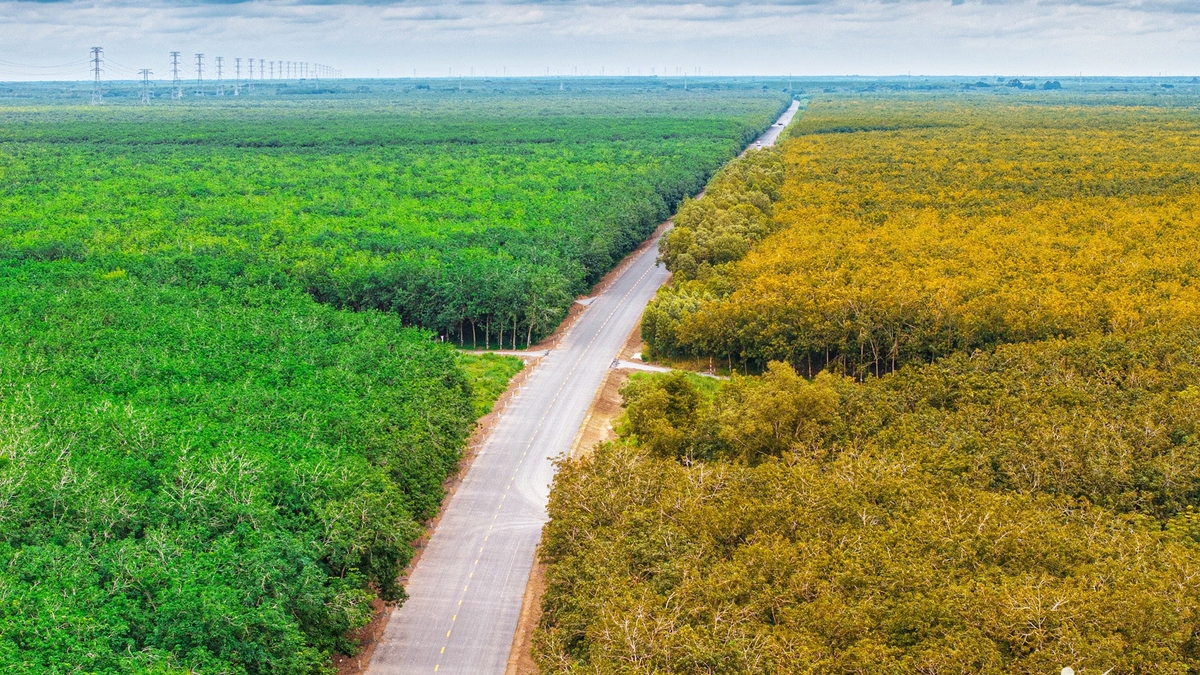





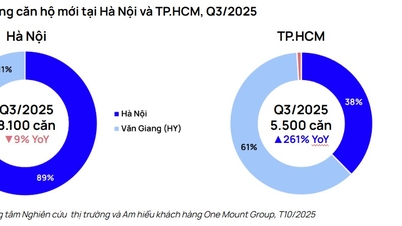

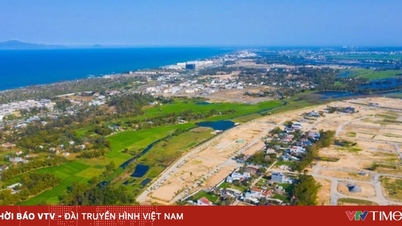

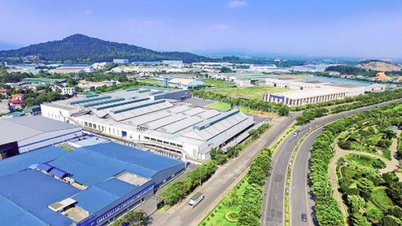

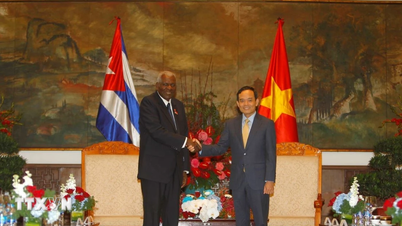

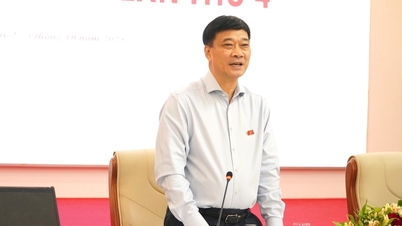
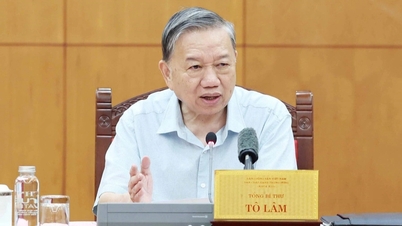

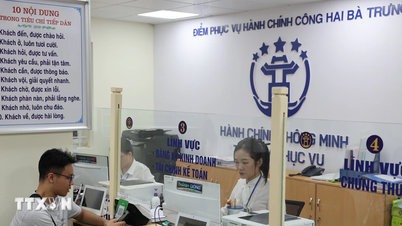
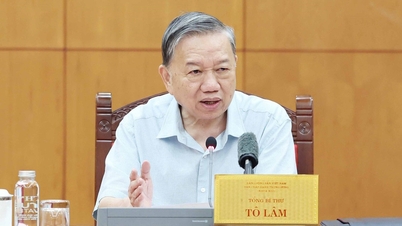

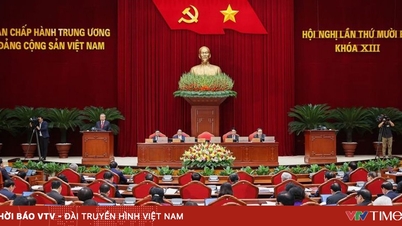

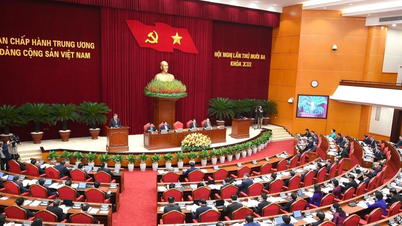





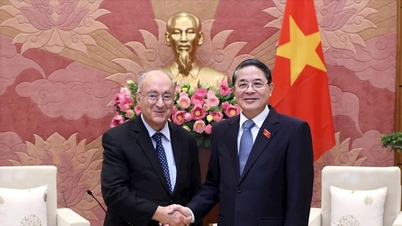
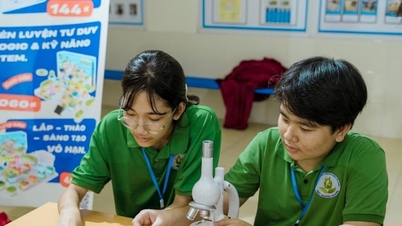


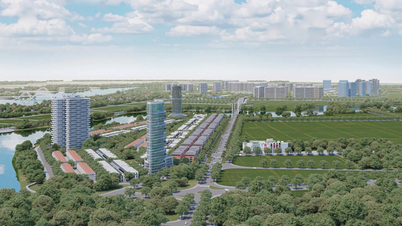









































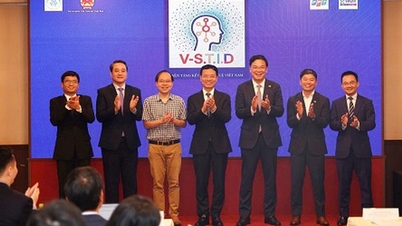


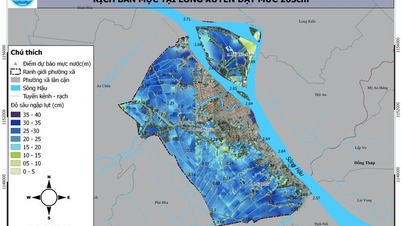

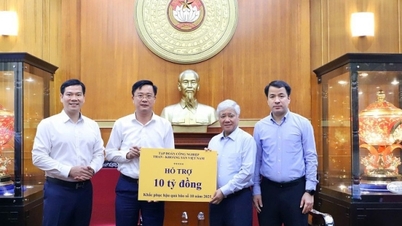
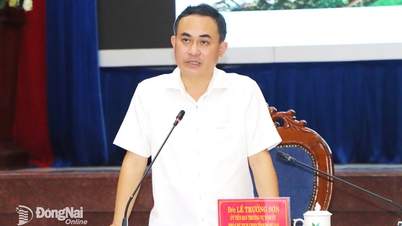

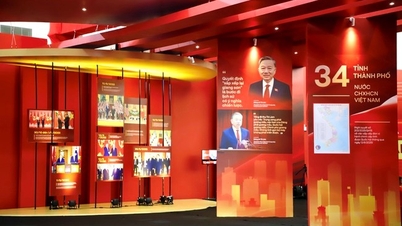


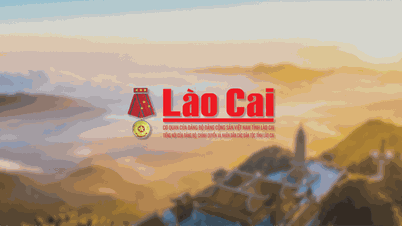











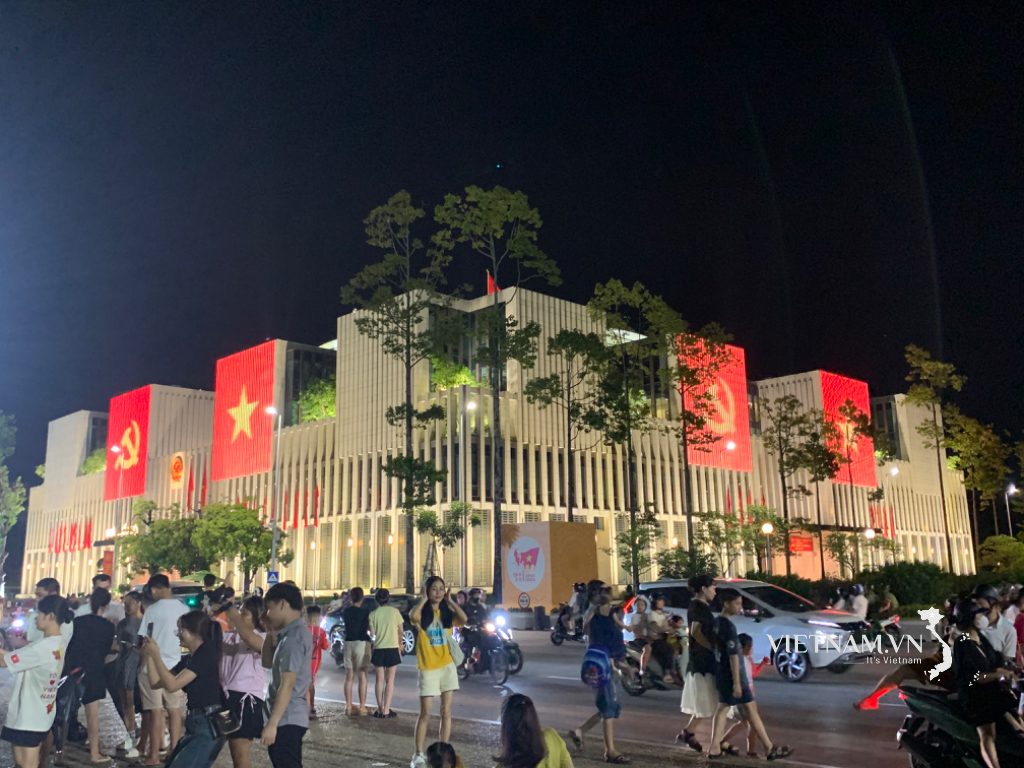

Comment (0)